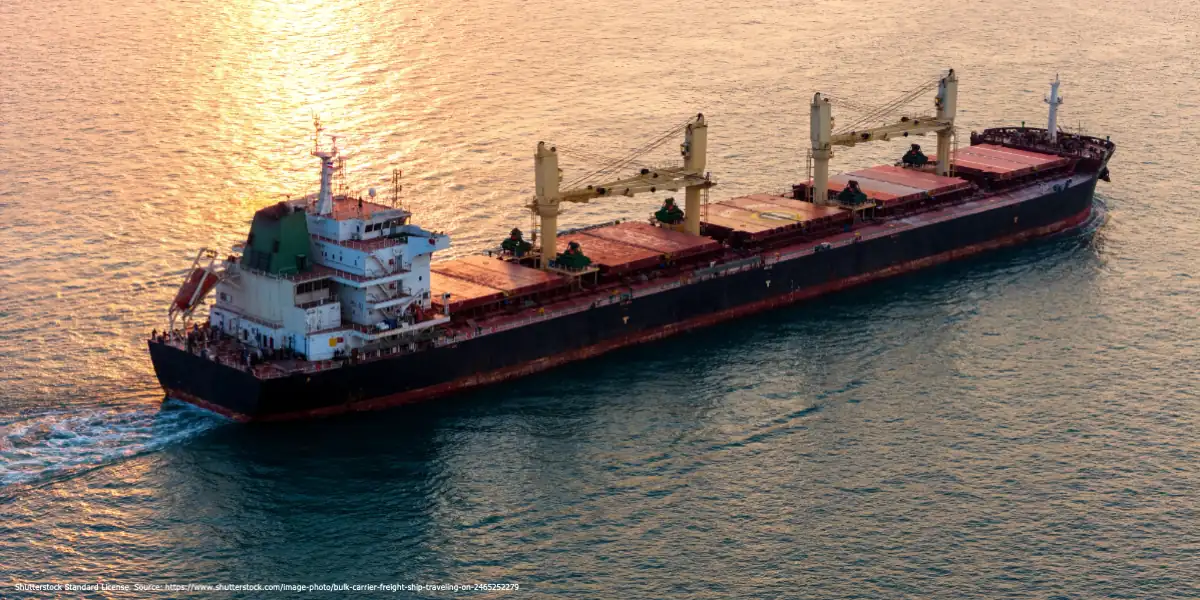Since the imposition of energy sanctions, in particular the price cap on oil, Russia has increasingly relied on a so-called “shadow fleet” of hundreds of tankers that use methods like turning off tracking systems, sailing under convenience flags, and transferring oil between ships at sea to disguise the origin of cargo. This has led many to argue that sanctions don’t work.
This study looks specifically at vessel-level sanctions, when individual tankers are added to official sanctions lists by the U.S., EU, or UK. Using nearly 100 million satellite tracking signals from oil tankers worldwide, the research asks: do these ship-specific sanctions actually make a difference?
The findings show that once a tanker is sanctioned, its activity drops noticeably:
- Port calls fall by more than half, meaning the ship visits fewer harbors.
- Travel distance shrinks by over 80%, suggesting a big slowdown in operations.
- There are signs that ship-to-ship oil transfers also decline.
In short, sanctioned tankers don’t disappear, but they become much less active. This creates friction and costs for Russia, since replacing sanctioned ships isn’t easy.
The study concludes that targeted sanctions can be an effective complement to broad trade restrictions. They are relatively low-cost for Western governments to impose but create significant obstacles for Russia’s shipping network. Future effectiveness will depend on continuing to identify and sanction new vessels, investing in maritime monitoring, and possibly expanding measures to firms in other countries that help Russia’s fleet.
Read the whole study here.


